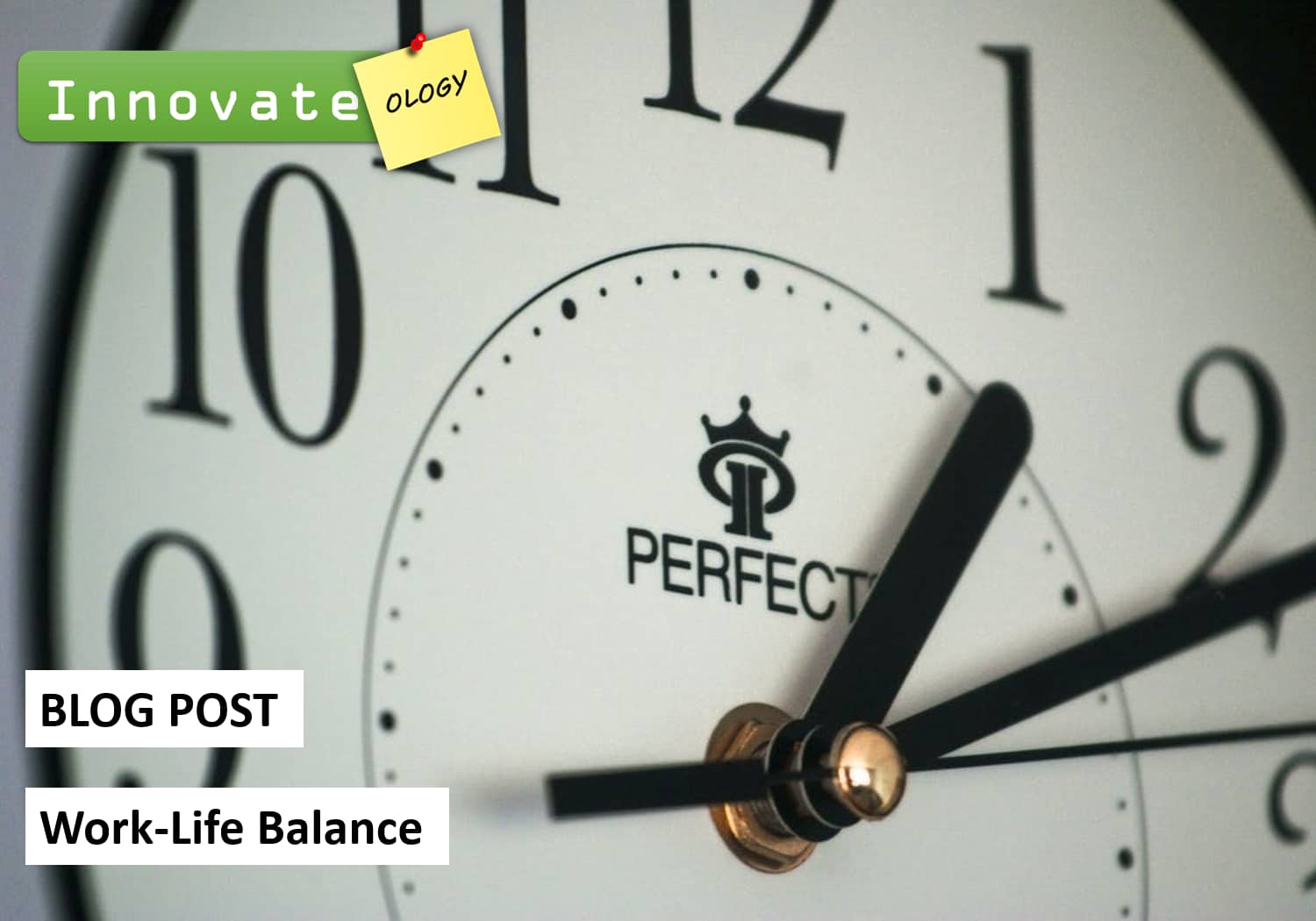Work Life Balance

What is the right “work-life” to “non-work-life” balance? How nice would it be to have a clear answer. But there is no definitive equation. The “right” balance differs from person to person, and it is fluid, varying throughout the course of each of our lives.
The dilemma of balance becomes prominent when the complexity of our lives increases. Sometimes complexity intrudes in our lives as with an illness or death-in-the-family, but sometimes we construct it by accepting that job with an hour commute, choosing the day-care that’s close to the after-care nanny, and buying the house that is away from any support network.
Life balance often seems elusive, even unattainable. The truth is that life balance is accessible for most of us. However the cost of life balance is typically out of range for most people. It is not a cost in terms of dollars, but instead a cost in terms of choices. Consider these facts.
Life is finite and each day last just 24 hours. Let’s assume you need only 6 hours of sleep, leaving 18 waking hours. Let’s assume you take 30 minutes each for breakfast and lunch and an hour for dinner. Let’s assume dressing in the morning and preparing for bed takes another hour. This brings you to 15 hours. Perhaps you work just 8 hours a day but you have an hour commute to/from work. This leaves you with 6 hours.
If you have children, you are also a taxi service. You take them to and from daycare, their sports practices, and their day camps. You help them with school work and social scheduling. There’s doctors’ visits, teachers’ conferences and play dates. Then one spouse decides to attend night school or has to travel for business. Then there’s the lawn and the cars and the vacation house. The private trainer and the salon. Yet there is still just 24 hours in a day.
Soon there is no time for you, your spouse, your friends. You begin to draw on your time bank account. But you have no spare time, so you have to take it from something else. You leave work early. Your arrive late. You stop exercising. You eat in the car and at your desk. Your energy level goes down with your sense of control. That’s when the grip of negative stressors tightens. That’s when the system starts to fail. Relationships and health spiral downward. It is time to listen to your inner voice and make changes.
Unless you choose to make changes, you will choose to lose. Nevertheless your resistance toward making changes is strong. What are you thinking? Seriously stop and become aware of your inner voice. Sometimes when we resist, it is a sign that we have conflicting values at play. Become aware of your thoughts and uncover the roots of your resistance.
It is helpful to regularly revisit your core values before you’re in crisis and to honestly assess how well your life is aligning with them. In our competitive culture, many people resist well-being and balance for fear of looking weak or appearing to be a quitter. Again, don’t wait until you are in crisis to consider what’s most important to you. Instead check in with yourself regularly. The time you take to consider how well you are living in alignment with your values will make decision-making easier.
Your life story will be shaped by your choices and your choices will be informed by your values. Your best opportunity for balance in life is to know yourself, be aware of how your actions align with your core values, and to be true to yourself and willing to go against the tide to make the changes that will make the difference!
